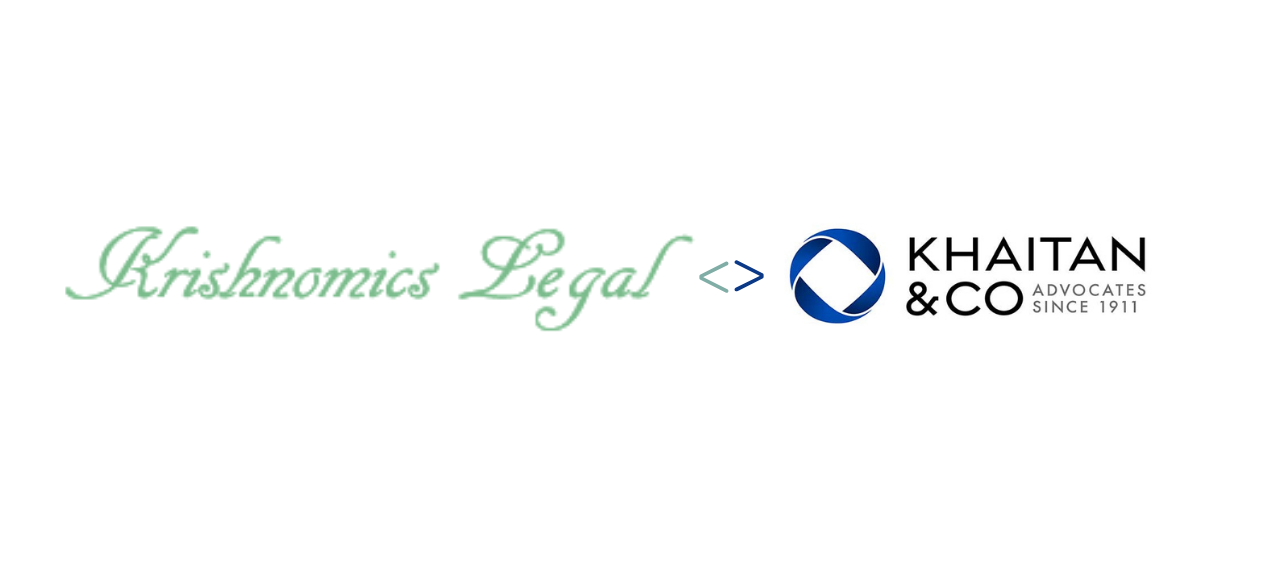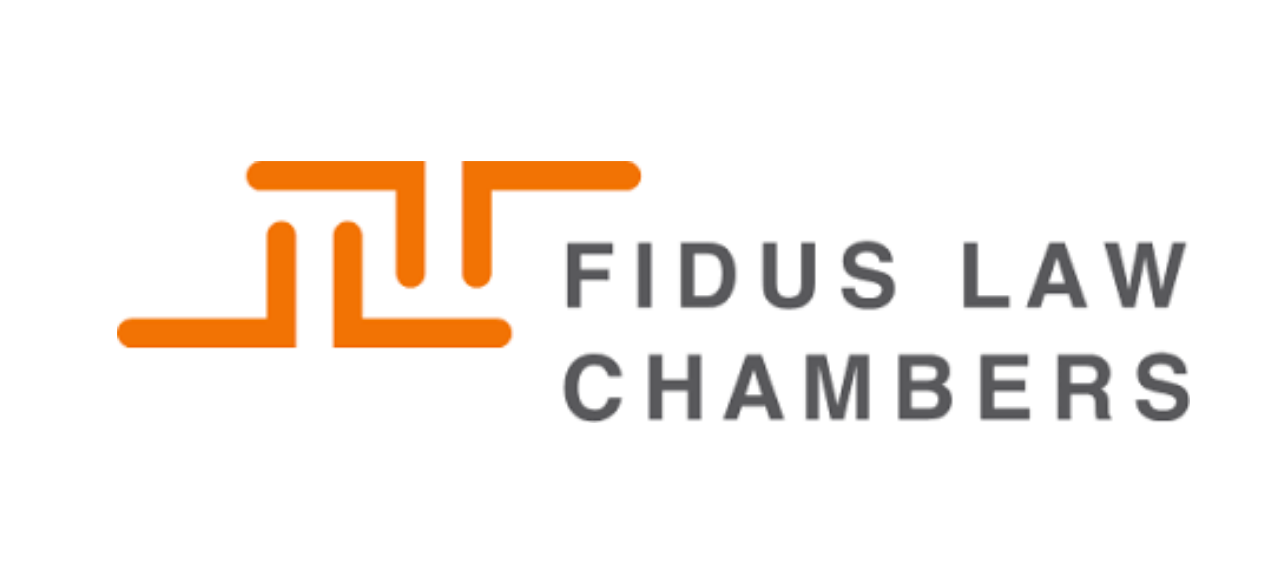Understanding A Legal Invoice
A client invoice is a formal document through which a lawyer or law firm asks for payment from a customer for an involved legal process. The document outlines the type of services that were given, how long each service lasted, the respective tariffs and total fee required. Such invoices are very important since they help in making clear all financial deals between the lawyer and their client.
What is required to be included in an invoice?
One of the most crucial documents on any lawyer’s desk is a client invoice. It should have details about both parties like names, addresses, contacts and relevant professional registration numbers. Each invoice must have its own identifier, date of issuance as well as payment deadline to ease tracking and provide insights into terms of payment.
The invoice should disclose all services performed by breaking them down into individual tasks and dates on which they were finalised. The document should clearly show how much time was allotted to each task plus what it deserves to be paid such as hourly rate
To make sure payments are made on time, we need payment instructions that have all the relevant account details and approved means. Furthermore, the invoice ought to contain clear payment clauses which should indicate a specified date of due payments and possible consequences for delays.
A personalised message section or an area for extra notes helps in solidifying customer rapport. A well-crafted invoice however ensures professionalism is observed, transparency maintained and adherence to rules and regulations governing legal profession leading to favourable financial relations between a lawyer and their client.
Guarantee Accuracy in Invoicing
Being accurate in billing is important as it maintains trust and professionalism in a relationship between lawyer and client. To start with, go through all billed hours and services meticulously. Verify that every item on the bill is described correctly with the actual assignments done. For instance cross-check your records like timesheets and case notes against each other to ensure that the recorded time matches exactly what has been happening in relation to your client’s matter.
Ensure the accuracy of the applicable rates, which should accurately represent any agreed-upon costs or typical billing rates for your services. This involves verifying if there are any specific rates that have been agreed upon with the client. Exercise careful scrutiny of mathematical computations to prevent inaccuracies in the sum, taxes, and overall amounts owed. Even little errors have the potential to erode client trust and give rise to conflicts.
Ultimately, it is advisable to seek the input of a colleague to thoroughly examine the invoice before transmitting it to the client. The presence of a new perspective can frequently detect errors that may have eluded your attention, guaranteeing the utmost precision and professionalism.
Outline of Services Offered
The services have to be analysed and categorised in order to ensure transparency and that clients understand what they are. Start by listing all the activities done and making sure that each record is clear and complete. It’s important to note the date of every service as this will make it transparent for clients to trace their case’s chronological development. In case there were several tasks performed on one day, all these activities should be mentioned separately so as not to confuse one another.
Explaining in detail the aim of each task and the result achieved is necessary. Clients appreciate knowing what exactly any given operation did to their cases. Instead of just stating “drafted motion,” try a more elaborate alternative such as “prepared and submitted a motion for dismissal grounded on lack of jurisdiction with intent to reduce costs.”
Similarly, if feasible, please differentiate billable hours from non-billable hours. The number of hours spent interacting with clients or attending court proceedings or carrying out administrative duties can give a better picture regarding how much work you do. Improving transparency should involve spelling out the entire range of services provided in an exhaustive yet clear manner,
Ethical Considerations
Ensuring ethical concerns are of utmost importance when disclosing a customer invoice. By adhering to ethical norms, you may maintain transparency, foster trust, and demonstrate professionalism in your relationships with clients.
Transparency is paramount. Detailing the work performed, the time spent, and the associated costs to clearly itemise all services provided is important. This transparency promotes trust and enables clients to comprehend their charges. It is equally crucial to guarantee the precision of your invoices. It is imperative that all entries are precise and truthful; invoicing for services that have not been rendered is unethical and may result in severe disciplinary action
Ensuring the anonymity of clients is an additional crucial ethical consideration. To prevent any unauthorised access to sensitive information, it is imperative to securely transmit invoices. Furthermore, it is crucial to establish costs that are fair and commensurate with the intricacy and type of services provided. Levying exorbitant charges might be considered exploitative and morally wrong. It is imperative to provide clients with prior notification on your billing procedures and any possible modifications, including any supplementary expenses that may occur during their case.
Conversely, there are other unethical practices that should be avoided. Engaging in overbilling, which involves the deliberate exaggeration of hours worked or billing for services that were not really done, is considered fraudulent and immoral. Double billing, which refers to the practice of charging multiple clients for the same hour of service, is likewise seen improper. Avoiding hidden fees, which are expenditures included in the invoice without previous notification, is crucial for maintaining transparency and confidence. Furthermore, resorting to pressure techniques to get clients to make early payments or invoking the threat of legal action for unpaid invoices should only be considered as a final option and should be presented in an ethical manner.
By following these ethical guidelines, you uphold the honesty and professionalism of your work and cultivate trust and enduring relationships with your clients. Exercising ethical diligence not only maintains the norms of the legal profession but also fosters a healthy and honest financial relationship with your clients.
Conclusion
In summary, the process of sharing a client invoice entails the following: ensuring the accuracy of the information, deconstructing the services rendered, and adhering to ethical standards. Transparency, professionalism, and trust in the lawyer-client relationship are fostered by these measures. A well-crafted invoice not only provides a comprehensive account of the financial transaction but also improves client satisfaction by elucidating and justifying the expenses that were incurred. Send the invoice in advance, preferably 4-5 days prior to the due date, to further guarantee a seamless process. This fosters a positive and transparent financial relationship by providing clients with ample time to review, resolve any questions, and arrange payment.
References
- Patricia McDade, Billables: How to Show Clients the Value You Provide, LinkedIn (June 24, 2024), https://www.linkedin.com/pulse/billables-how-show-clients-value-you-provide-patricia-dillon/.
- Amberlo, Law Firm Billing: How to Invoice Correctly, Amberlo (June 24, 2024), https://www.amberlo.io/blog/law-business/law-firm-billing-how-to-invoice-correctly/.
- Jay Reeves, How to Use Client Bills to Grow Your Practice, Lawyers Mutual of North Carolina (November 17, 2021), https://www.lawyersmutualnc.com/blog/how-to-use-client-bills-to-grow-your-practice.
Ghostline Legal is India’s leading, BCI-compliant, full-service tech and content firm catering exclusively to advocates and litigation chambers.








